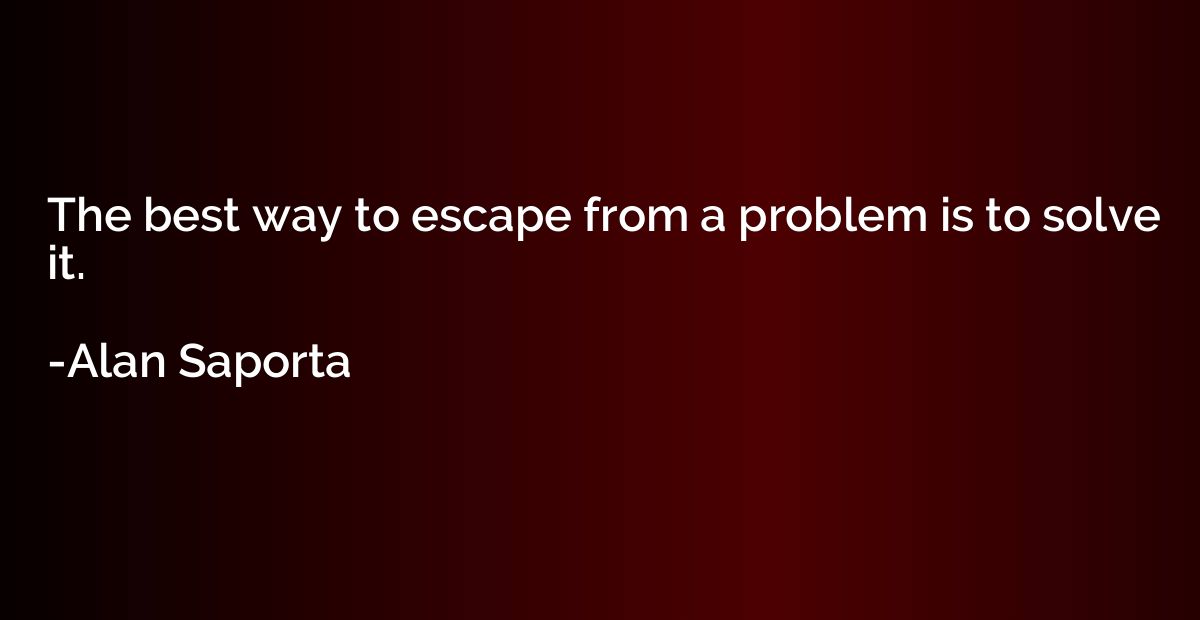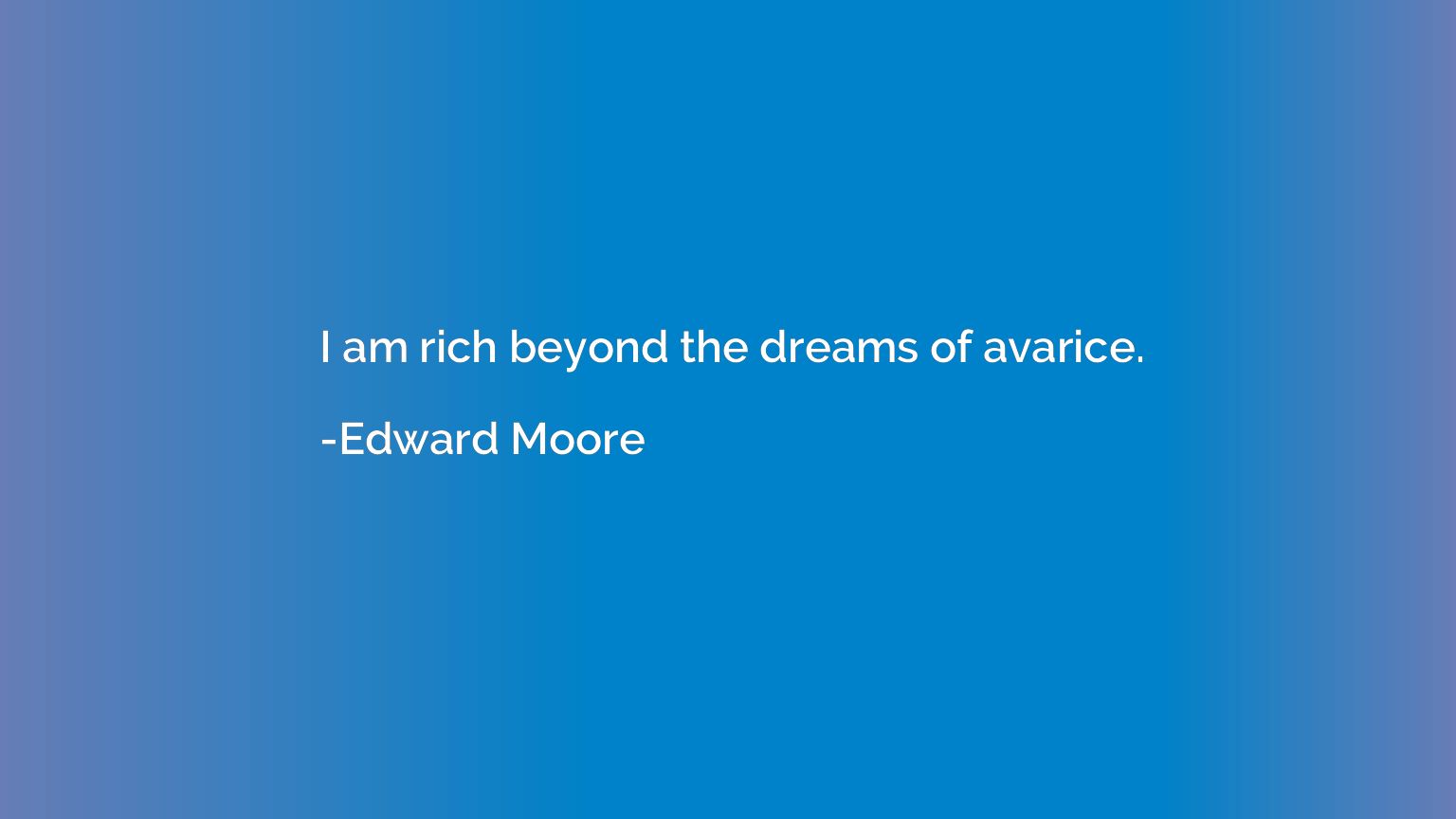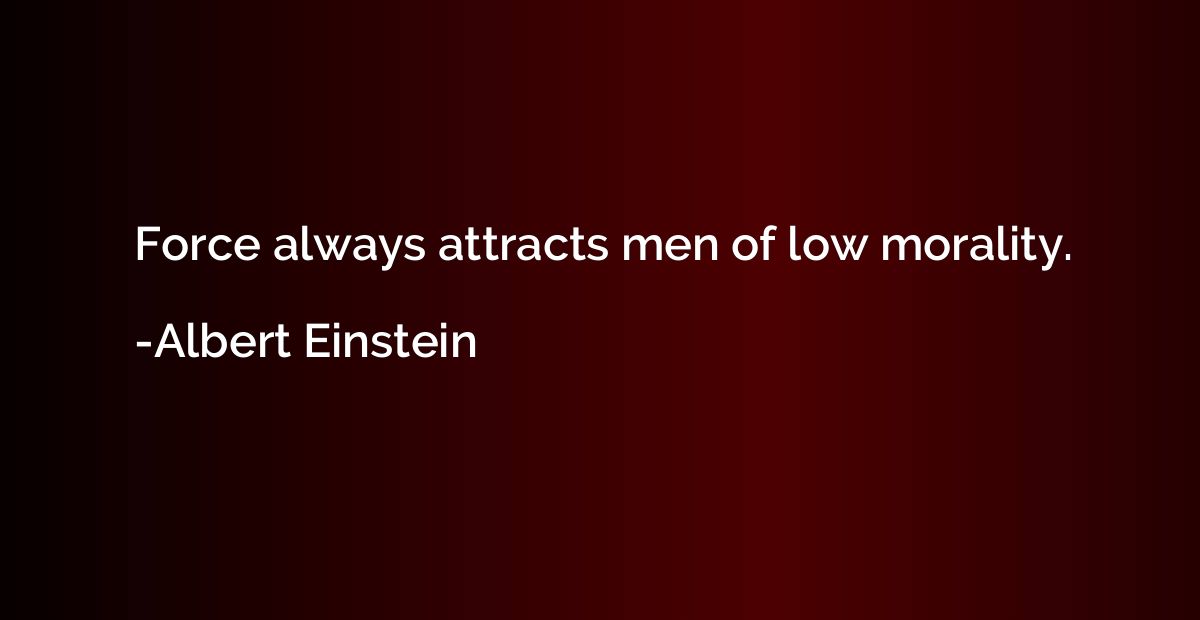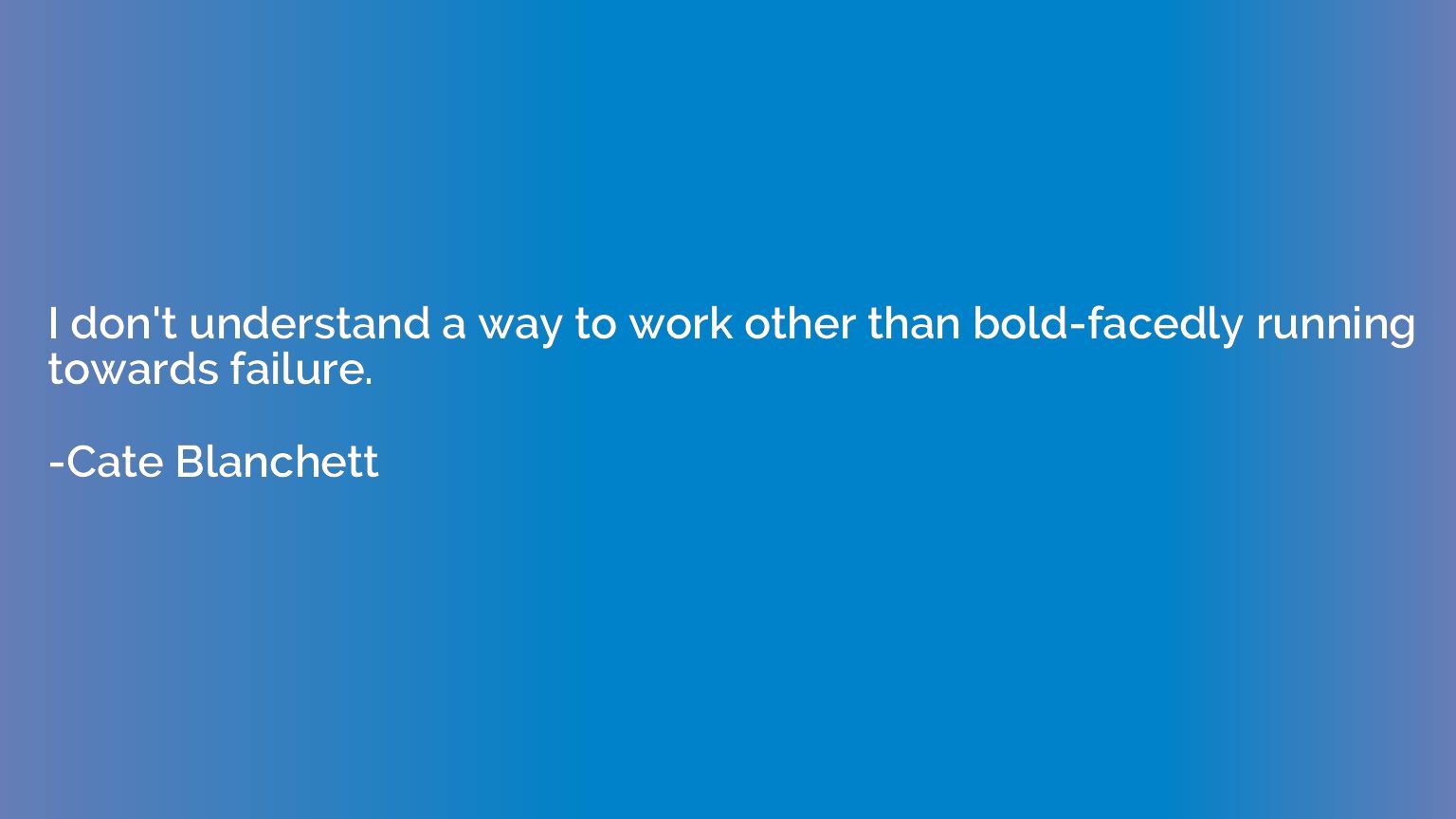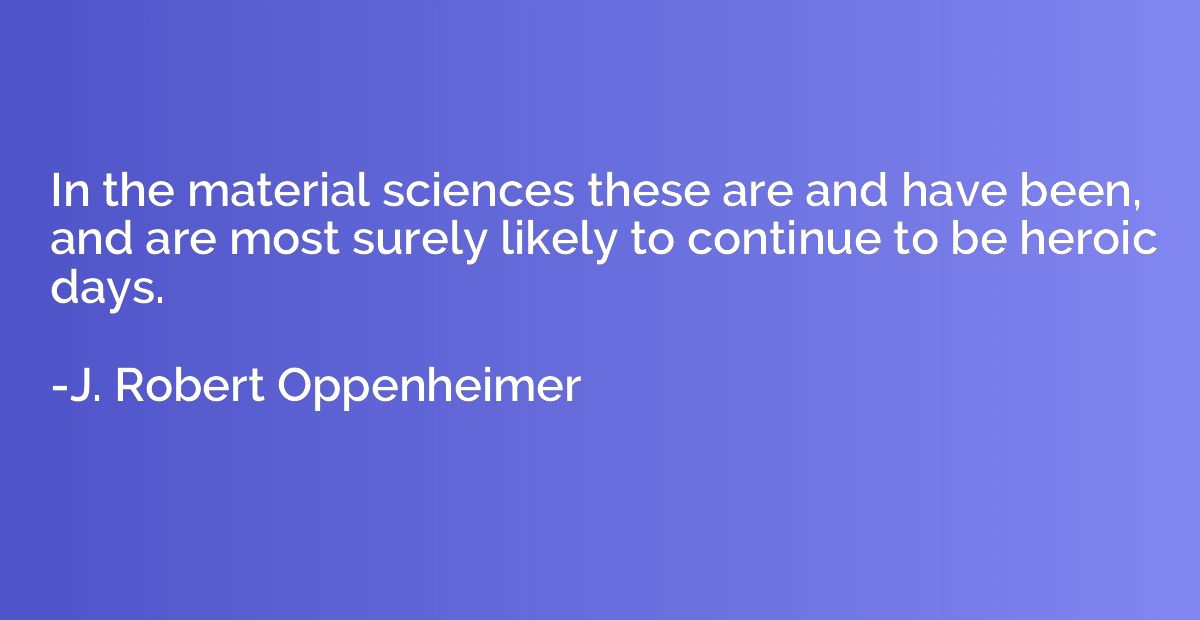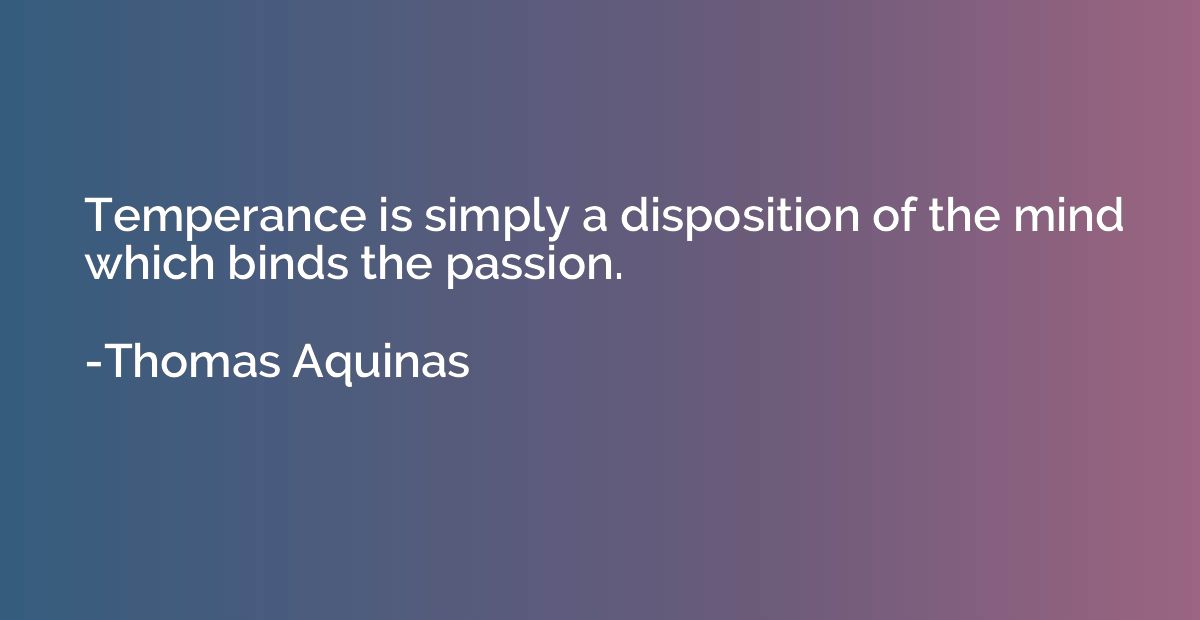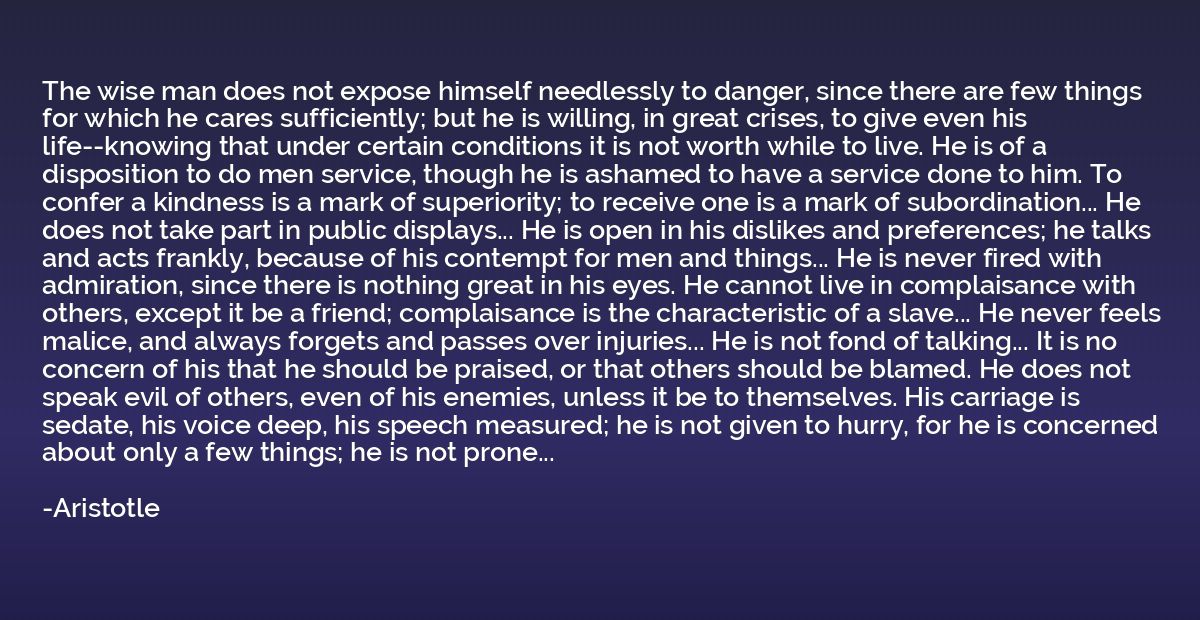Quote by Edwin H. Land
The role of science is to be systematic, to be accurate, to be orderly, but it certainly is not to imply that the aggregated, successful hypotheses of the past have the kind of truth that goes into a number system.
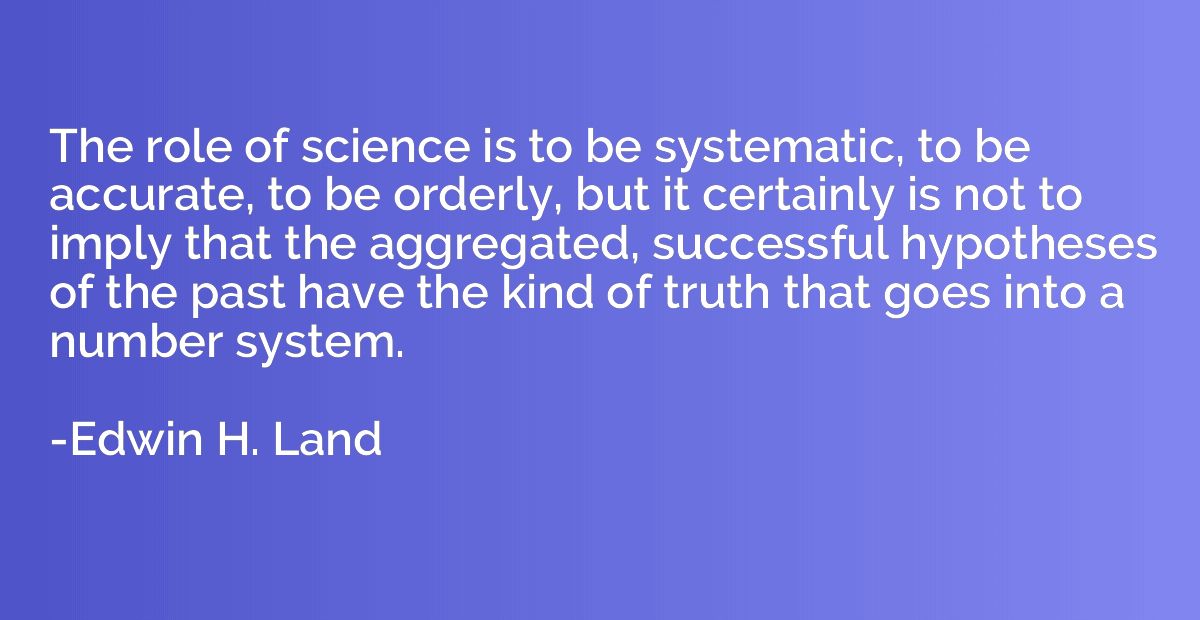
Summary
This quote suggests that while science aims to be systematic, accurate, and orderly, it does not claim that its previous successful hypotheses possess an absolute truth similar to a number system. Science understands that knowledge evolves as new evidence emerges, and what may be considered true today might need to be revised or even discarded tomorrow. Therefore, the purpose of science is not to establish definitive truths, but rather to continually refine our understanding of the world through rigorous methods and ongoing inquiry.



